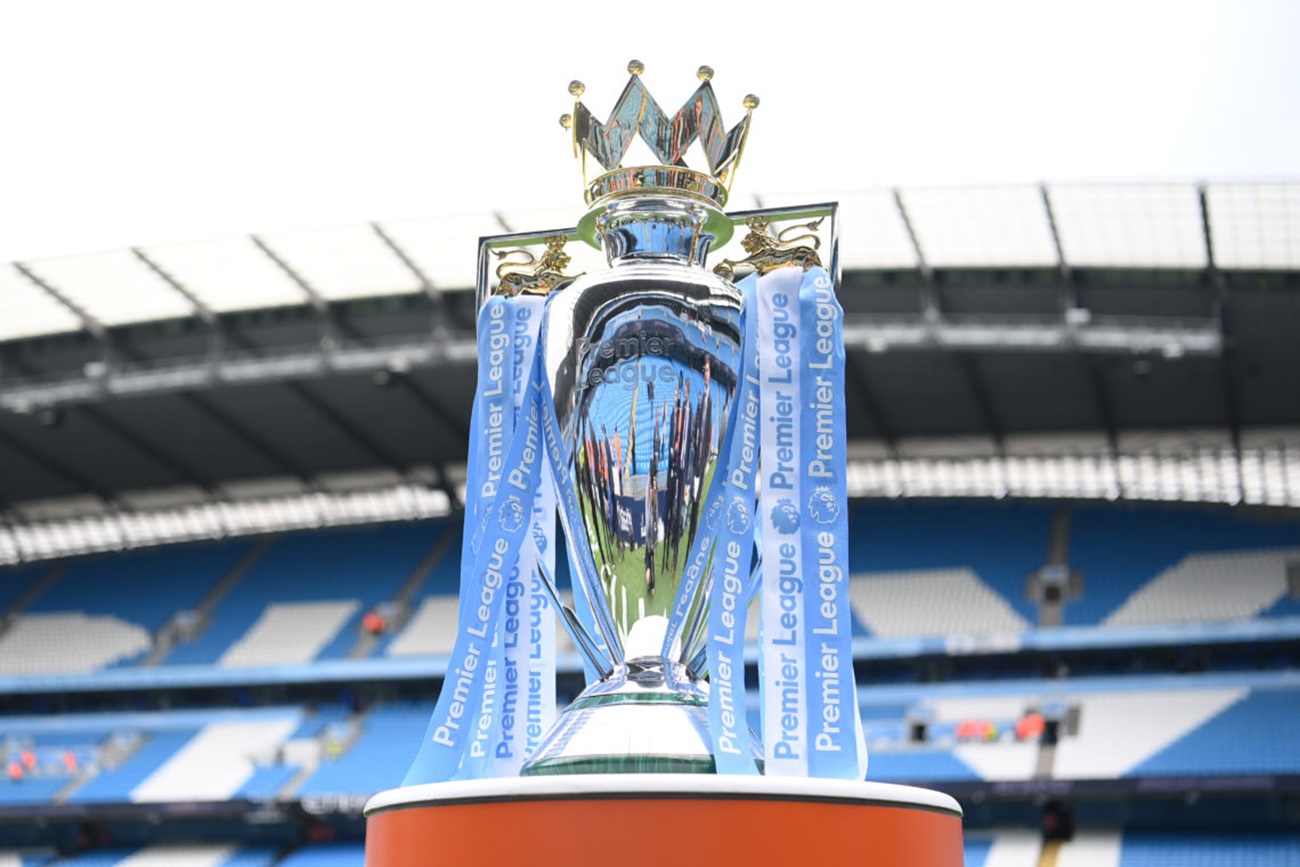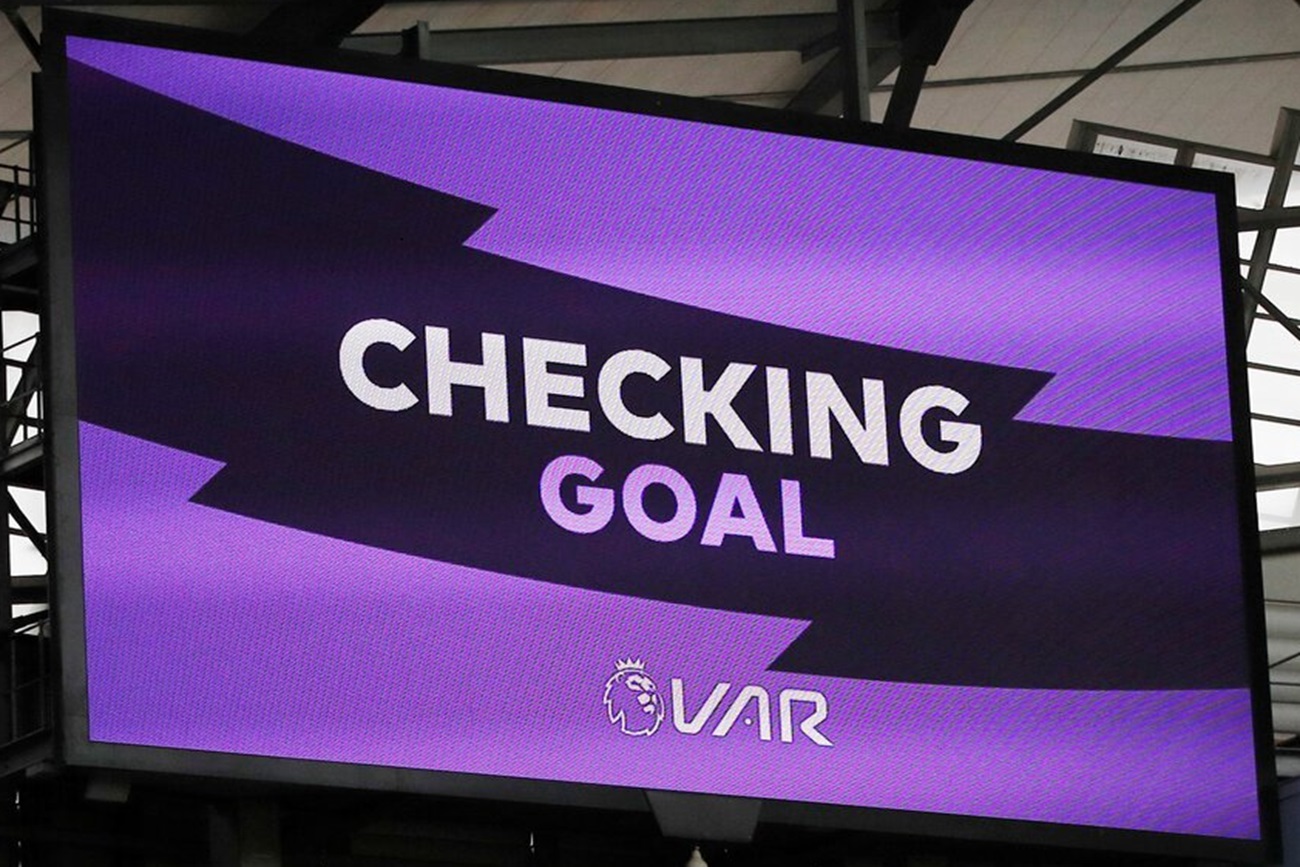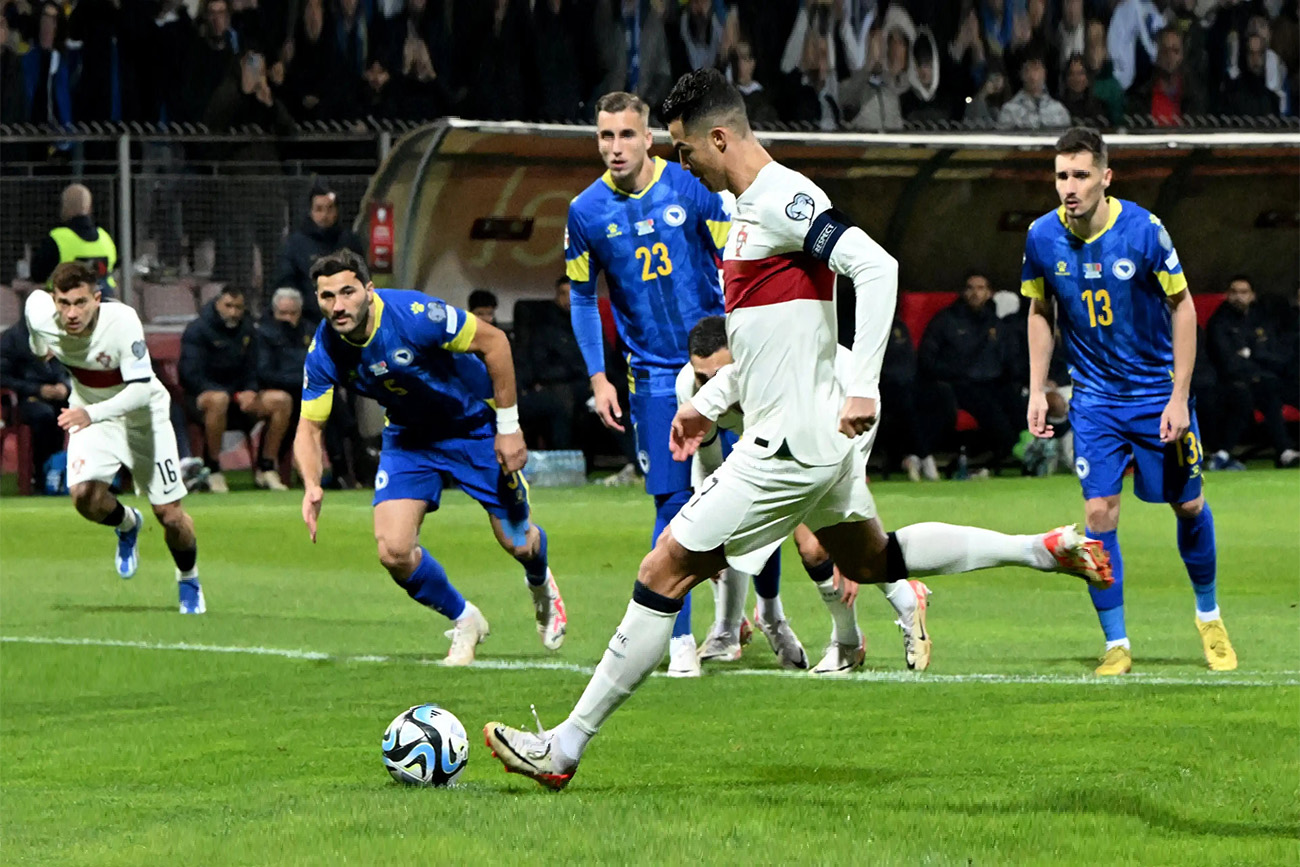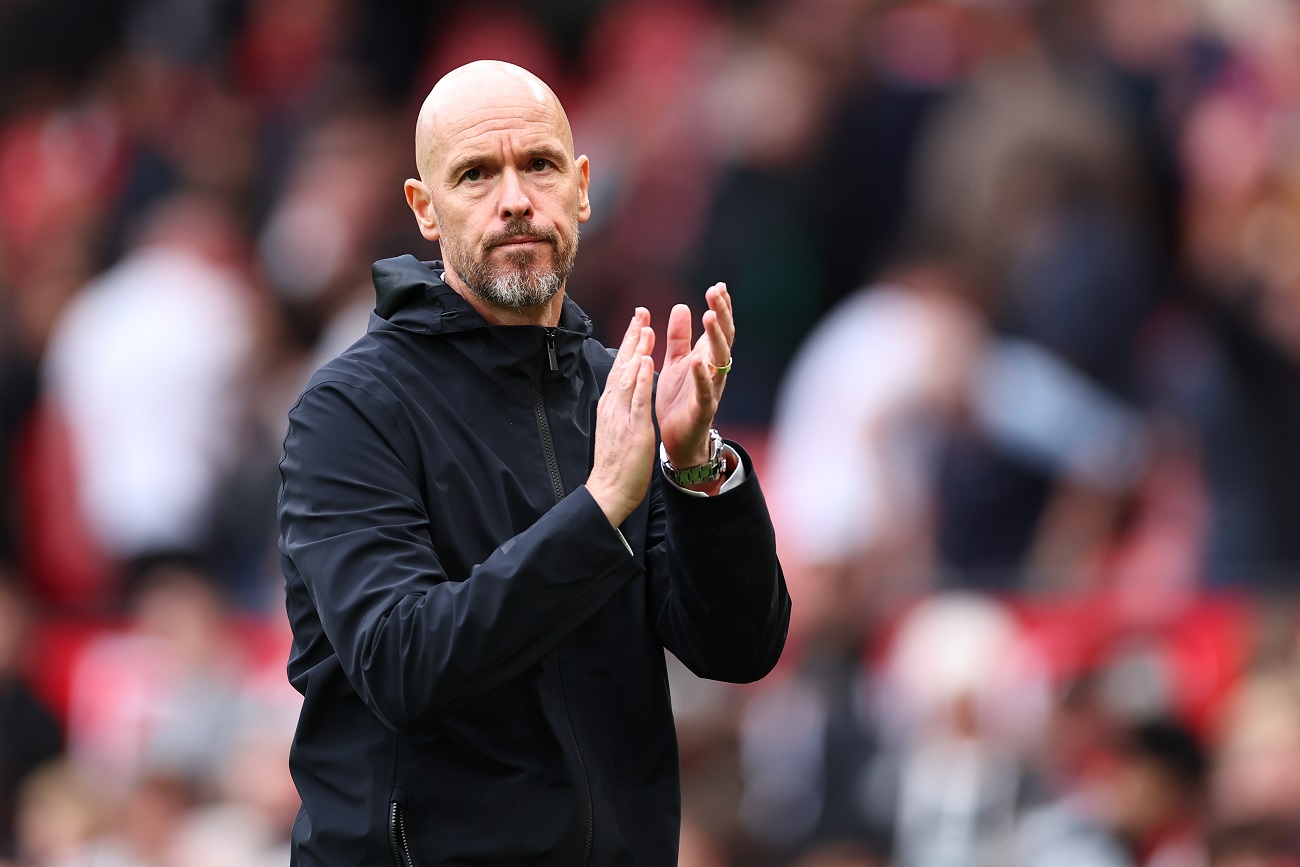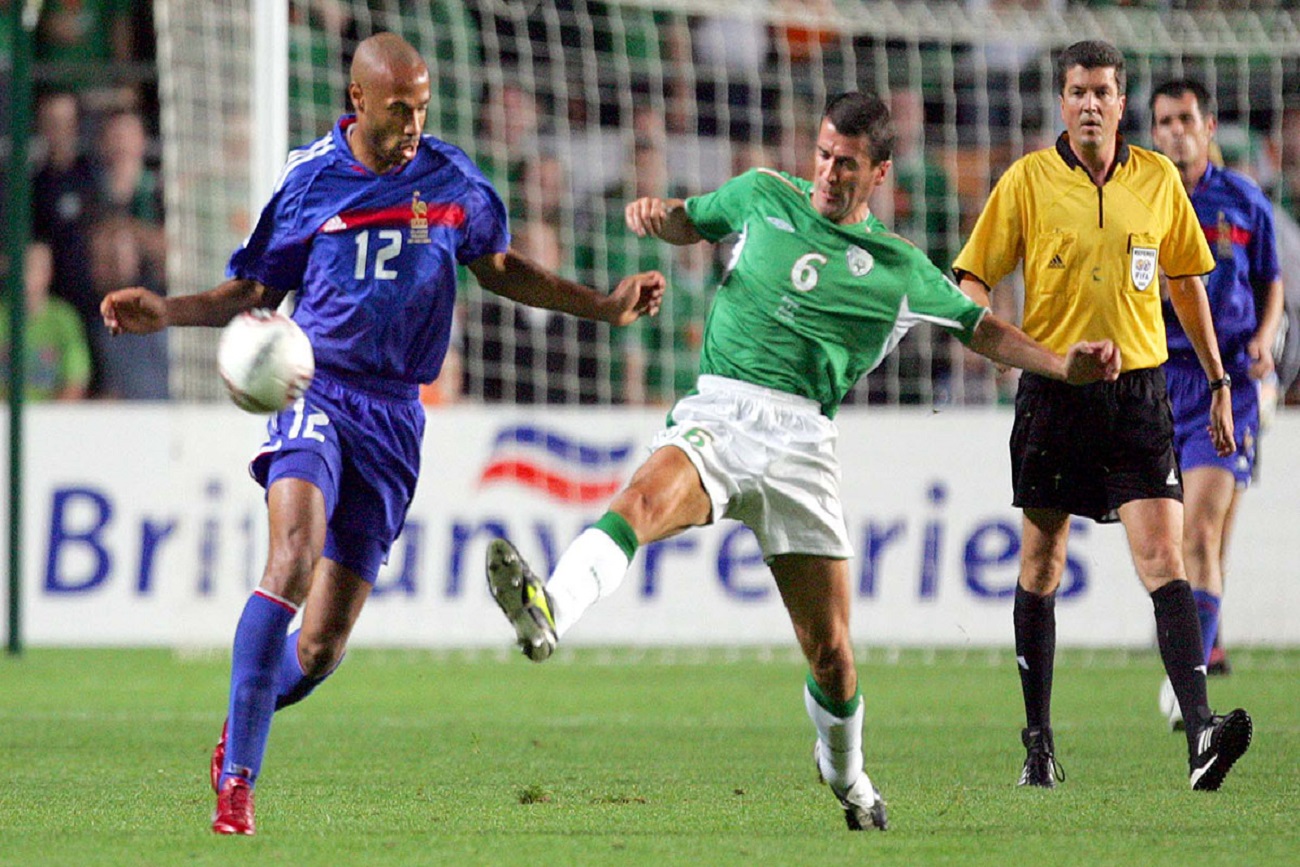
Leadership in Football
All football teams from grassroots to professional have a club and vice-captain for the team. They are there to help maintain a positive atmosphere amongst themselves, the managers, and the rest of the staff. They have key responsibilities in clear communication of what the manager wants, keeping the order of the expectations required (mainly at a professional club) and motivating and leading the team in 'dire situations' - in a footballing sense.
Leadership is a transferable skill which is almost required in any part of life - not just sport. A leader sets a good example not just through communication or always being vocal but also through their actions. At grassroots (usually) the captain of the team may not be the best player but he/she is definitely the most vocal and can communicate well with anyone. Of course, those qualities are essential but being able to back up your words through action is a much greater skill required to be a successful leader.
A leader within a football team doesn't always have to be the captain. There should always be more than one leader in a dressing room as the environment will always remain competitive and there will be no chance for others to slack off on training or match days. Different sources of motivation are key as people have different ways of being motivated. Thus, only having one leader will always lead to many blindspots as they may not be able to motivate every player alone. Hence most successful teams have always had 4/5 leaders in the dressing room where the younger players would look up to them with 'fear' due to the respect they had for those leaders.
A famous and well-known captain is Roy Keane - arguably the greatest captain in Premier League history. He instilled an aura of fear in the younger group as well as some senior players. But the fear these players felt was them being scared to disappoint the standards Keane had set and expected of his fellow players. He wasn't the only leader in that squad, Neville, Scholes, Giggs and many more had the same respect in the dressing room. The one thing all of these players had in common was that they are all extremely reliable. Yes, they were great communicators, but when it came to football and on the pitch, they were always reliable and consistent. Their experience and performances helped their reliability as a player improve which in turn allowed them to develop great leadership skills so that their knowledge can be passed down to the following generation of players.
To develop strong leadership skills, hardship is an experience that should be gone through. Many players and people ' give up or quit after suffering a loss. But a true leader sees value in a loss. It is used as a learning curve and experience as to where your own weaknesses lie as well as the teams. Leaders address these issues and communicate them to others and act upon them to set an example to the rest.
Nowadays with social media, most players use words and social media posts to act like they care and will address the issue, however, most fans don't care about this and just want the 'speaking done on the football pitch' in other words act your words not just speak them. True leaders show reliability and action after they have communicated what they want and expect. They set an example and walk with the rest of the players in order to achieve those expectations.


